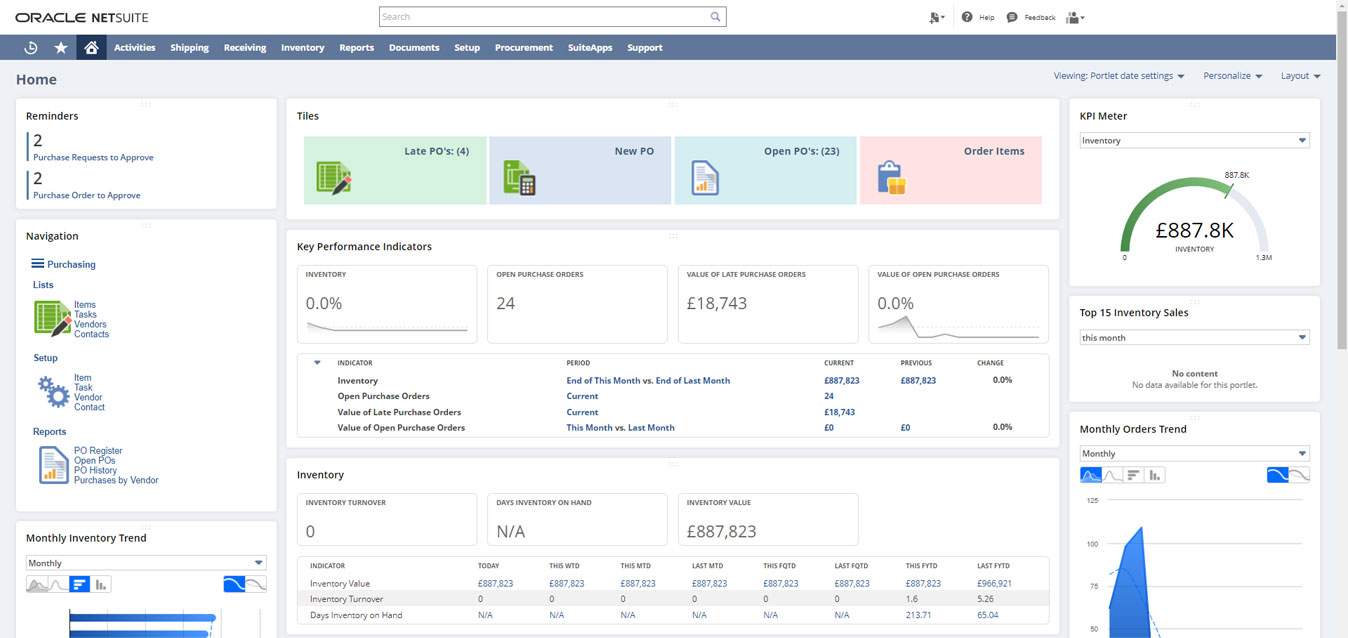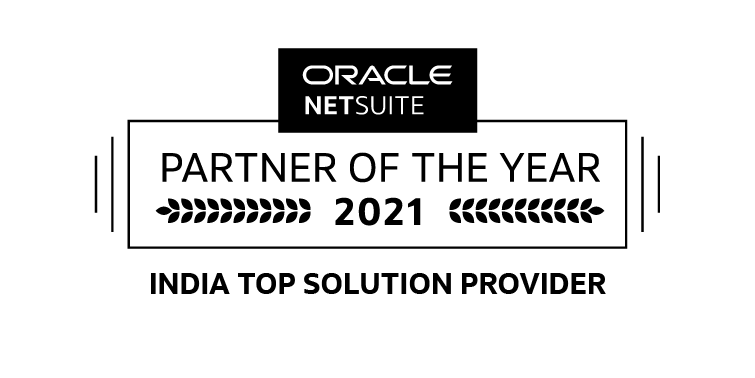Table of Contents
Summary: This write-up explains the shortcomings of using an archaic solution for accounting. Reading this, you may find more scalable and adaptive software solutions than others to scale up and know if unifying two distinct applications can take your business to the next level of success.
Modern-day Business leaders are making decisions driven by key performance data, and not on historical practices or guesses. Although most businesses recognize these transformations and the need for innovation to keep pace, many companies are still reluctant to make a switch.
For the most part, many businesses are daunted by overhauling existing systems, while others are convinced of incapable of finding the best-suited solution to meet business needs profitably. More often, those decisions turn out more costly in the long run, for instance, relying on QuickBooks for Accounting.
A Quick Look: QuickBooks Might Fail Your Business
- You would find it hard to know what’s happening in real-time
- Business leaders have to compromise with limited visibility into key metrics
- You might find it difficult to keep pace with the advancing landscape due to limited functionality
- Administrators won’t get the scalability and flexibility to scale business operations as they expand to multiple locations or geographies
NetSuite Financial Management
By leveraging the fundamentals of NetSuite financial management solutions, businesses in the finance industry can expedite daily financial transactions. Also, it helps them drop down budgeting and forecasting cycle times and ascertain compliance. For the most part, Financial Management Systems in NetSuite let businesses accelerate the financial close. This cloud-based platform offers real-time visibility into the financial performance—from a consolidated level down to individual transactions. Moreover, with the deployment of NetSuite financial management, you can drive extensive capabilities as it seamlessly integrates with additional business applications. These may include order management, inventory, CRM, and commerce.

NetSuite Inventory Management
NetSuite Inventory Management System delivers a single, integrated real-time view of inventory across all locations and sales channels. These capabilities allow businesses to drop down inventory on hand to free up cash while abstaining from stockouts. By optimizing inventory levels and ensuring product availability across multiple channels, Additionally, NetSuite Inventory Management assists businesses in keeping inventory costs low while exceeding customer expectations. This software solution optimizes inventory levels and ensures omnichannel availability of products.
Challenges NetSuite Finance and Inventory Management Solves
- Manual Reporting— With NetSuite Financial Management and Inventory Management, you can automate inaccurate, time-consuming inventory reporting, and streamline manual processes that consume resources.
- Inefficient Utilization— Bid farewell to your worries about having excess inventory in one location while out-of-stock at the other location.
- Inaccurate Planning— With NetSuite, you can minimize mission-critical issues resulting from poor planning, like stockouts, excess inventory, and increased discounting. Replacing spreadsheets with more interactive finance dashboards can boost accuracy and eliminate duplicate data entry as well.
- Excessive Handling— You can eliminate unnecessary handling that elevates the cost of goods sold.
- Lack of Visibility— NetSuite finance and NetSuite Inventory Management offer extensive real-time visibility to track and trace a product from supplier to customer order without a hitch.
- Data Accessibility— Get a single, unified source of real-time transactional, financial, and operational data.
- Compliance— You can consistently apply the appropriate rules and schedules to revenue recognition, amortization and depreciation, and prepaid, and deferred expenses.
Inventory Management: An Add-On or A Temporary Solution?
Start-ups or well-established business organizations, who, despite their growth or maturation, rely on QuickBooks, should know that the next technology investment after financials is—Inventory Management.
An official ORACLE NetSuite Channel Partner boasting thousands of businesses in different industries can help you fix issues with finance and inventory effectively. For most inventory management offered by NetSuite is an add-on solution for users of NetSuite Finance.

NetSuite: The Benefits of A Cloud Solution
NetSuite believes in the power of a unified and integrated suite of applications that spans the entire business. Unifying finance and inventory management links key business processes together on the same platform.
- You get predefined roles and intuitive dashboards that are orchestrated around a user’s day-to-day tasks. For the most part, it allows for the most efficient consumption of data throughout the entire organization.
- As we know NetSuite is a true cloud platform and the most widely deployed cloud-based ERP system. Hence, companies should understand that a cloud-based vendor doesn’t just offer the software, but a service as well. Here, connecting to an official and #1 ORACLE NetSuite Channel Partner, inoday, can deliver complete assistance to scale up.
- For the most part, the services cover the server hardware and database maintenance and administration, document storage, and the ongoing enhancements customers need. Interestingly, this is an entirely different way of offering a system than the previous offerings. Now, your partner takes up the responsibility to upkeep your systems on an infrastructure you must have initially purchased. A partner offering Software-As-A-Service (SaaS) means they must continuously earn the trust of their buyers, backed by meaningful service level agreements.
A well-implemented cloud-based system such as NetSuite Financial Management and NetSuite Inventory Management means that financial activities and inventory appear as soon as they are triggered. Moreover, you get an ‘Anytime, Anywhere’ access and it helps decision-makers quickly act upon both adverse and favorable performance indicators. In that sense, those tasked with executing the business objectives and strategy can make the best of the information and contribute to driving higher business scalability.
The combination of these demonstrable benefits means that a well-executed move to the cloud results in a much better and more predictable cost of operation than is possible with on-premises systems.

Why inoday?
At inoday, an official and #1 ORACLE NetSuite Channel Partner, you can connect to our skilled and certified NetSuite Consultants to unify finance and inventory management. Our experts at NetSuite Solutions and Services deliver expertise and 16+ years of experience in driving Digital Transformation via Cloud Computing Solutions.
If you want uncompromised solutions that can take your business to the next level of success and growth, connect with us today and make the most of our inventive capabilities, a proven methodology, and industry standard-based practices.
FAQs
Can NetSuite be used for inventory management?
NetSuite Inventory Management delivers a single, real-time view of inventory across all locations and sales channels. For the most part, it allows businesses to reduce inventory on hand to free up cash while avoiding stockouts.
What is FIFO and LIFO in inventory?
FIFO stands for “first in, first out” which means that the first items entered into your inventory are the first ones you sell. LIFO stands for “last in, first out,” which means that the most recent goods entered into your inventory will be the ones to sell first.
Is NetSuite expensive?
After licensing and implementation costs, other costs related to NetSuite depend widely on the scope of your organization’s needs. It can be integration, customization, or support that readily adds value to your business operations and scalability.
For more details, write to us at info@inoday.com Or Schedule A Demo








